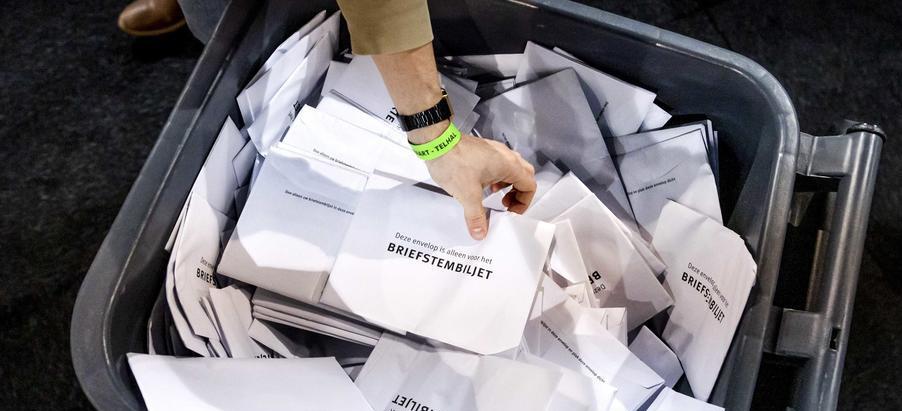
2 minute read
Dutch tilt
CorporateDispatchPro
Cover Story
Dutch tilt
In February, Amsterdam replaced London as Europe’s largest trade sharing centre. The Capital had held the title for decades, but a ban on EU-based financial institutions trading in the UK from this year, sucked billions of euros out of London. Brexit was the major driver behind the sudden change, but Amsterdam’s early win testifies to the growing pull of the Netherlands.
The mid-size country of 17 million is quickly positioning itself as an influential player in European affairs. As EU leaders were locked in once-in-a-generation negotiations last summer, northern countries tussled with southern countries over the financing structure of the Covid-19 recovery fund while western governments argued with eastern governments over the conditions for disbursements. One figure stuck out in both directions of bargaining: Mark Rutte.
The Dutch Prime Minister is Europe’s longest-serving leader, after Chancellor Angela Merkel. He inspired the Dutch liberals to a first electoral win in nearly a century after taking over the leadership of the Party for Freedom and Democracy (VVD) in 2006. Having successfully navigated the Netherlands out of the financial crisis, the party was the biggest group in the House of Representative again in 2012 and 2017.
The Tweede Kamer is a mosaic of parties from across the political spectrum, and its fragmented nature often creates wobbly government coalitions. In January, the Rutte Cabinet resigned en masse after state authorities wrongly accused some 20,000 families of childcare benefit fraud, thrusting the country into snap elections in the third week of March.
Despite the children’s allowance scandal and vociferous protests against pandemic curfews in recent weeks, polls suggest that the VVD is on course to a fourth straight win. At the same time,


CorporateDispatchPro


however, the anti-immigration Freedom Party (PVV) led by firebrand Geert Wilders is set to gain seats in the chamber, consolidating its place as the second-largest political force in the country.
Parties have banded together to lock the PVV out of power for the last 15 years, but the growing popularity of the openly Eurosceptic setup has pushed centrist parties increasingly towards the right. The ruling party’s electoral programme, for instance, is proposing a quota for refugees as well as a requirement for immigrants to learn Dutch. Early this year, all parties in parliament except for the migrant-founded Denk, voted for a motion to monitor mosques for foreign influence. But the electoral debate is far from monothematic. The coronavirus and healthcare, taxation and pensions, nuclear energy and climate goals, housing and student loans have all found oxygen on the campaign trail in the last weeks. Nevertheless, voters have not exactly been electrified by the contest and a fifth of the electorate was still undecided ten days before the polls opened.
Outside of the Netherlands, however, European governments will be watching the election closely. A founding member of the Coal and Steel Community and country with growing clout, the results will send reverberations around the EU as it tries to find its feet from the coronavirus emergency.






